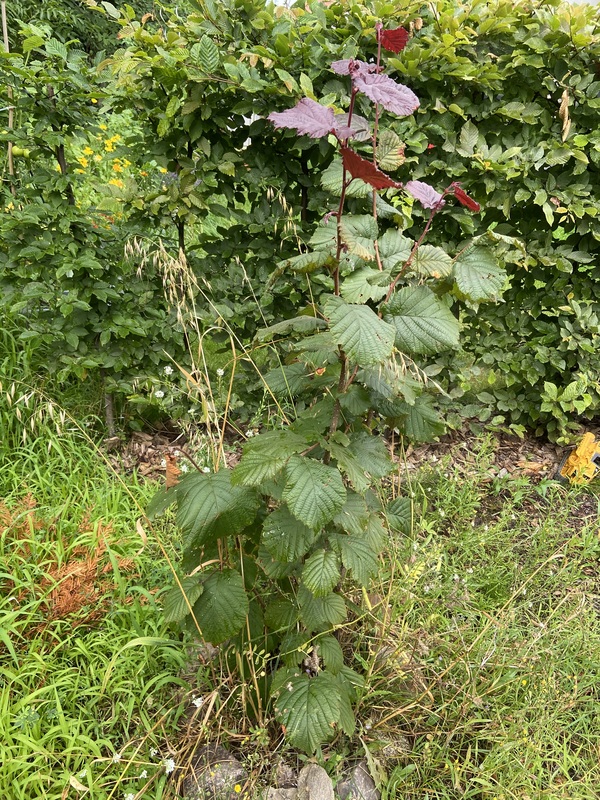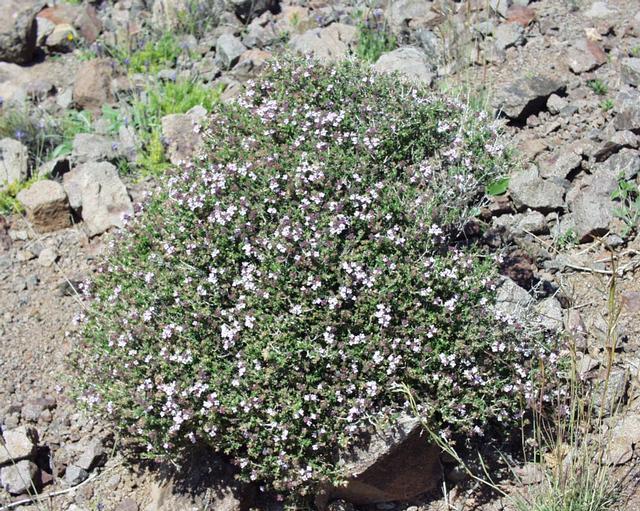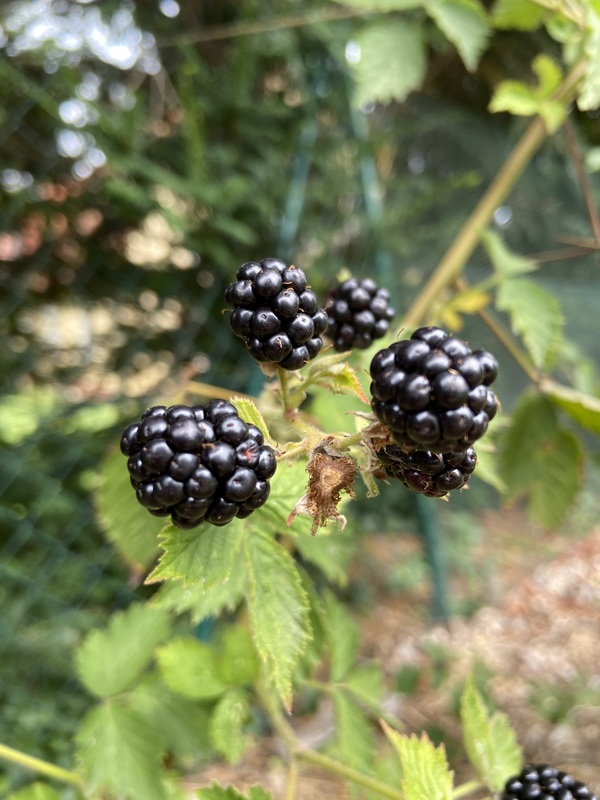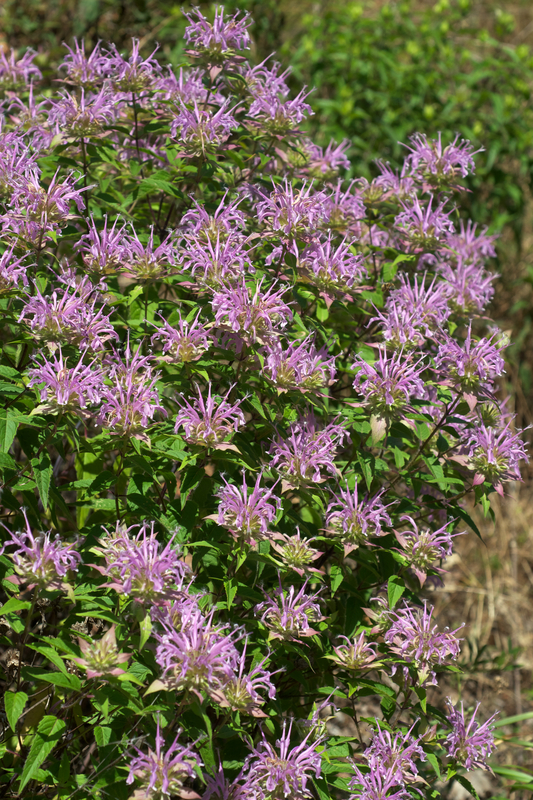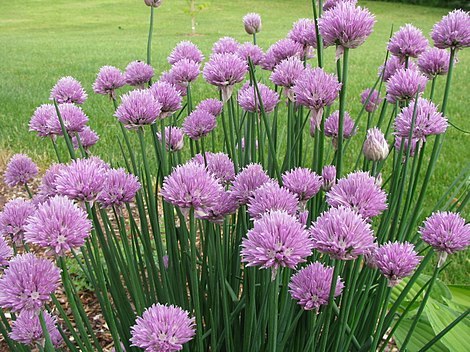Description
Bergamot, also known as Monarda didyma, is a herbaceous perennial plant native to North America. It is a member of the mint family, Lamiaceae, and is closely related to other plants in the genus Monarda, such as bee balm and horsemint.
Bergamot has a distinctive appearance, with bright red, pink, or purple flowers that bloom in the summer months from the second year on. The flowers are tubular in shape and are arranged in clusters along the stem. The leaves are dark green and lance-shaped, with a serrated edge. The plant can grow to a height of 2 to 4 feet, with a spread of 1 to 2 feet.
Bergamot prefers well-draining, moist soil and full sun to partial shade. It is tolerant of a wide range of soil types and can be grown successfully in both gardens and farms. To cultivate bergamot, the plant can be started from seeds or purchased as a young plant from a nursery. Once established, bergamot is easy to care for and requires minimal maintenance. It is not particularly winter hardy and may need to be protected from frost or extreme cold. Mature plants can be divided to create new plants.
Bergamot has a number of culinary and medicinal uses. The leaves and flowers of the plant can be used to make tea, and the leaves can be used in cooking as a flavoring herb. Bergamot is also a popular ingredient in many commercial tea blends, including Earl Grey tea. The plant is known for its strong, spicy aroma and flavor, which is similar to that of the citrus fruit bergamot.
In addition to its culinary uses, bergamot has a number of medicinal properties. It is commonly used to treat a variety of conditions, including colds and flu, stomachaches, and skin irritations. It is also used as a natural insect repellent and has been shown to have antibacterial and antiviral properties.
Bergamot is an attractive plant that is valuable to both humans and wildlife. It is a popular nectar source for bees, butterflies, and other pollinators, and its bright flowers add color and interest to gardens and landscapes. It is also a good choice for natural gardens and can be used as a ground cover or in wildflower plantings. Overall, bergamot is a versatile and useful plant that has a number of valuable applications in gardening and farming.
